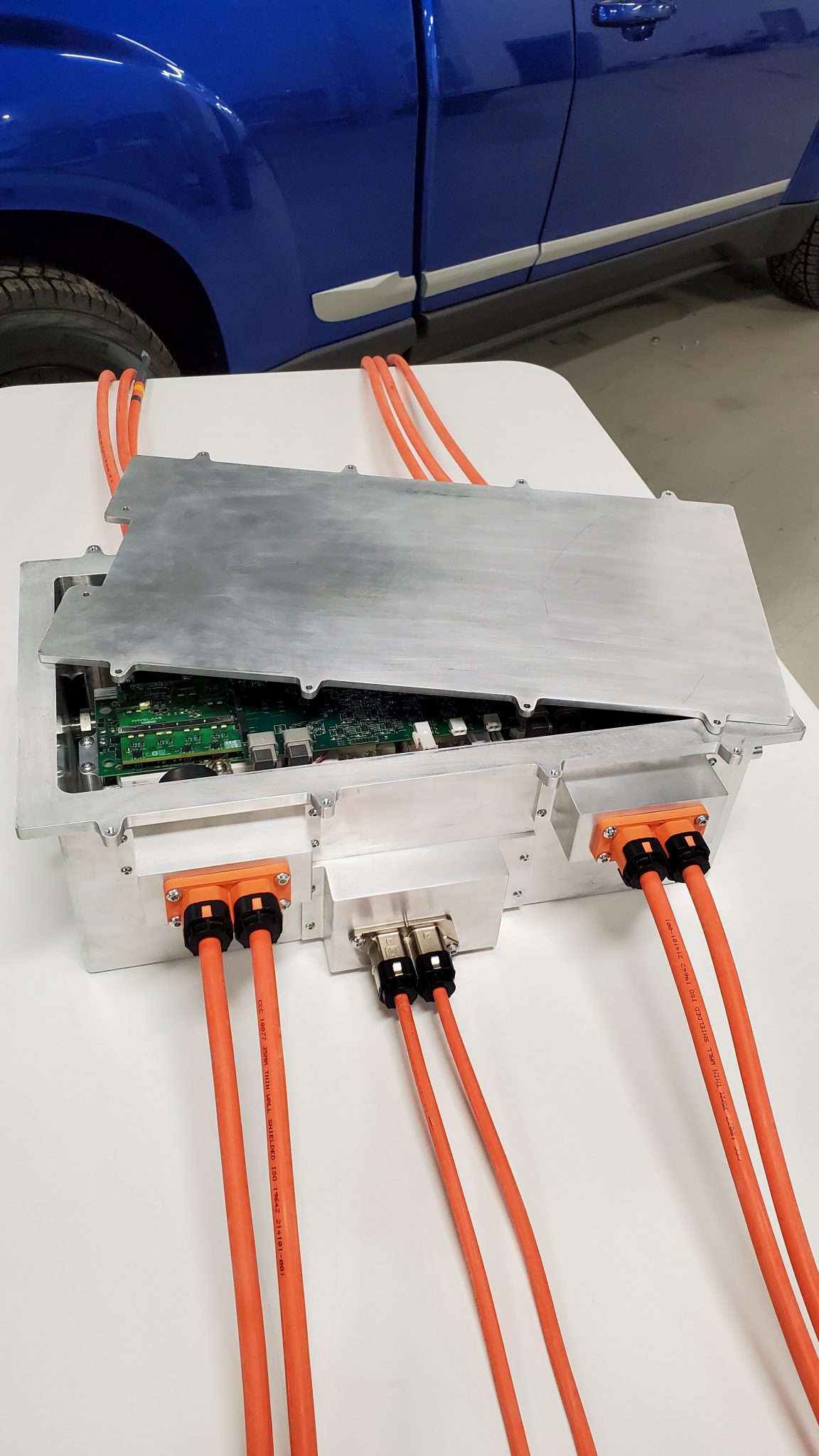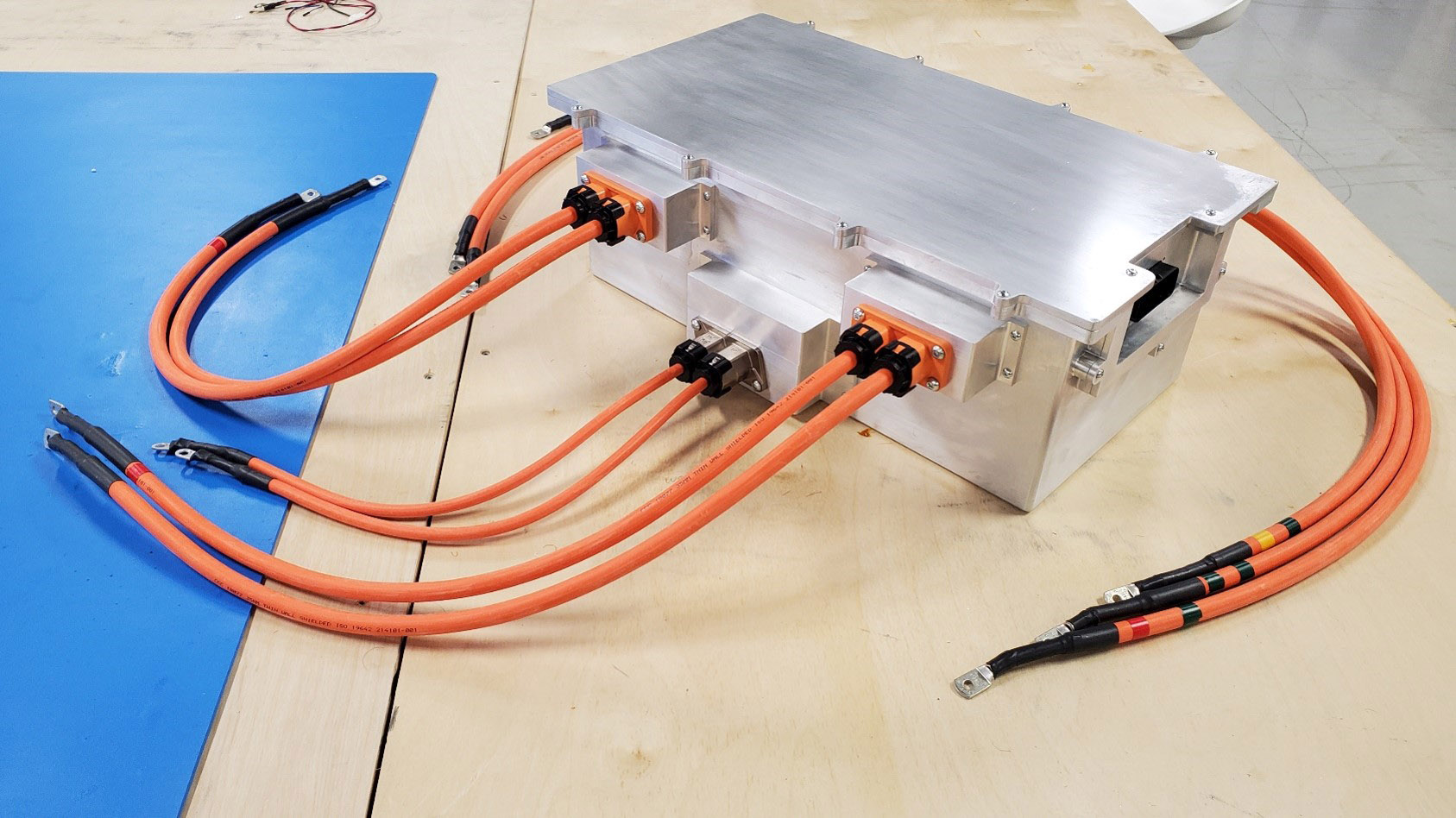The transportation industry is amid one of the most important revolutions since 1886, when Karl Benz invented the first automobile powered by an internal combustion engine (ICE). 135 years later, electric vehicles (EV) are now the leading focus of automotive engineering and innovation around the world.

As with any new technology, massive shifts come with challenges. It’s taken a century for engineers to perfect the ICE powertrain, and now the industry is faced with the monumental task to create a new propulsion system that uses a different energy source, without forcing consumers to radically change their behaviors. Before widespread EV adoption will ever be possible, automakers must find ways to reduce the cost, increase vehicle range and improve the charging experience.
This radical shift to EVs also requires reimagining the powertrain. While many companies seek to take an existing ICE car and electrify it, eLeapPower approaches powertrain design from the ground up, thinking of vehicles more along the line of laptops on wheels

Today’s EV propulsion systems consist of a battery, inverter, motor and on-board charger (OBC). This is a heavy and expensive piece of equipment, about the size of a carry-on suitcase, that serves to convert AC electricity from the grid into DC electricity to charge the vehicle battery.
ELeapPower’s award-winning, Smart Inverter System can convert AC to DC without the need for an external fast-charging station or the internal OBC. This saves significant cost and weight for manufacturers, increases battery range and decreases charging time.
Additional benefits of the eLeapPower Smart Inverter System include:
• Faster Charging – up to six times faster than existing charging systems
• Increased Range – up to 12 percent longer battery range per charge
• Weight Reductions – tens of kilograms in weight-reduced
• Lower Manufacturing Costs – significant savings in hardware
• Infrastructure Change – eliminating the need for an expensive fast-charging infrastructure
• Bidirectional charging to the grid
• Green Charging – charge directly from a renewable energy source such as wind or solar
eLeapPower is a Toronto-based company founded by Tony Han and Russell Pullan. The technology was developed in partnership with The University of Toronto Electric Vehicle Center.
In 2021, the company expanded operations opening an engineering center in Shenzhen, China, to help meet the needs of its initial customers and prepare for global growth.












